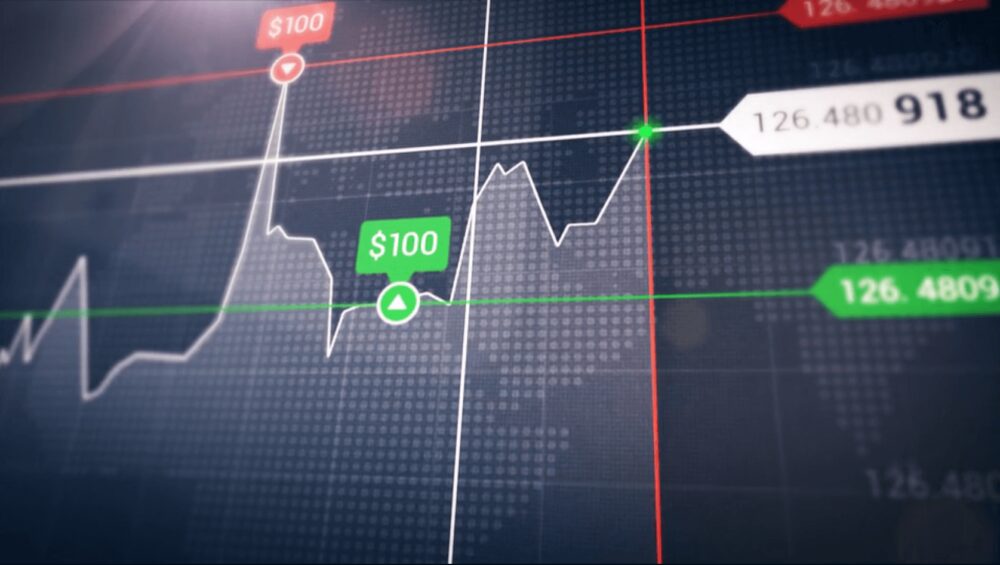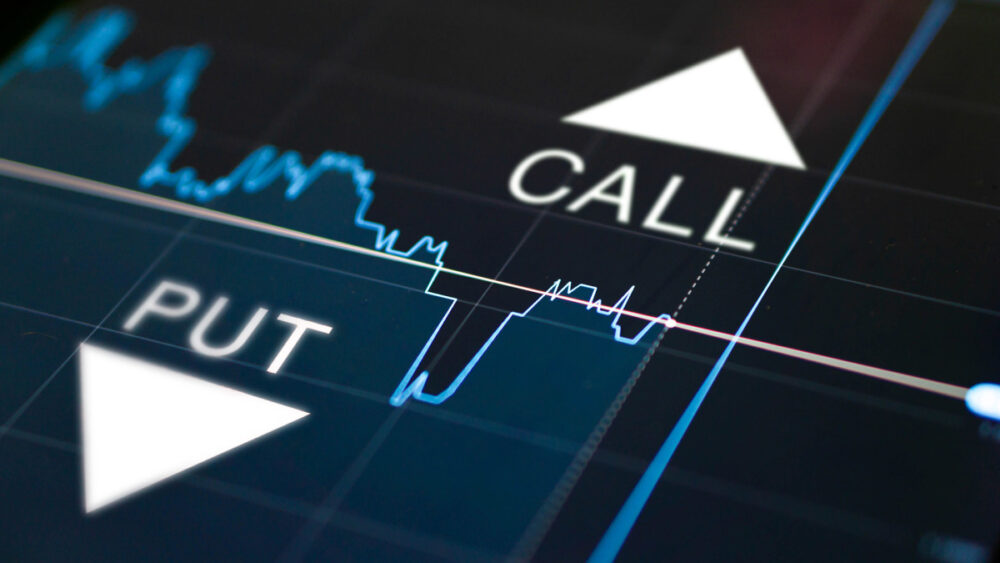Binary options are a form of derivative trading that has become increasingly popular among traders due to their simplicity and potential for high returns. However, it is essential to understand that this type of trading carries a high degree of risk and must be regulated by financial authorities to protect investors.
This article will discuss how binary options regulation works and what it means for those looking to trade them. Read on to learn more about binary options regulation and its impact on traders.
Overview of Binary Options Regulation: What It Is and How It Works

Source: financesonline.com
What is financial regulation in binary options trading? Financial regulation, such as that governing binary options, is used to control specific kinds of trading activities. It is put in place to safeguard market integrity and safeguard investors against dishonest or deceptive actions. Usually, a government agency or other regulatory body establishes the rules, and an exchange or other market participant enacts them.
In general, brokers and traders must abide by particular requirements regarding trading activities due to binary options regulation. This includes giving accurate information about the goods they sell, ensuring all trades are priced relatively, and stopping fraud or market manipulation. Brokers must also abide by laws against money laundering and other rules about customer safety. For example, trading platforms as Iqcent.com may help you to learn more about this.
Exploring the Regulatory Requirements for Brokers Offering Binary Option Trading Services
So, say you need to find a reputable broker and check whether they comply with all the regulatory requirements. How can you do it?
When exploring the regulatory requirements for brokers offering binary option trading services, the initial step is to ensure that the broker is properly licensed and regulated by a reputable financial authority. Only that way can you ensure that, as a trader, you’re protected from any potential fraudulent activities or scams. All brokers should also comply with anti-money laundering regulations and have adequate capitalization to provide sufficient liquidity for their clients’ trades.
Equally importantly, brokers should adhere to strict risk management protocols to protect their clients’ funds from potential losses due to market volatility or other factors. Clear terms and conditions regarding their services and detailed information about the risks associated with binary options trading should also be provided by the broker. By considering all of these factors, traders can rest assured that they are dealing with a reliable broker committed to providing them with a safe and secure trading environment.
How Do Regulations Protect Investors from Fraudulent or Manipulative Practices within the Industry?

Source: flashpoint.io
Regulations are designed to protect investors from fraudulent or manipulative practices within the industry. The Securities and Exchange Commission (SEC) is responsible for enforcing federal securities laws intended to protect investors by requiring full disclosure of information about investments and prohibiting fraud. The SEC also requires that all publicly traded companies regularly provide accurate financial statements and other disclosures.
Additionally, the SEC has developed regulations to outlaw fraud and other practices, including insider trading and market manipulation. Other regulatory authorities, such as FINRA (Financial Industry Regulatory Authority), play a significant role in safeguarding investors by setting standards for broker-dealers and monitoring their operations. To assist people in making wise decisions while trading in the stock market, FINRA also offers materials for investor education. It is also crucial to note that state securities authorities regulate specific investment types offered in particular states, such as real estate investment trusts (REITs). These regulators can investigate complaints made about brokers or businesses in their area and take appropriate legal action.
How Does Regulation of Binary Options Trading Ensure Fairness and Transparency?
As mentioned, binary options trading is a form of investment that involves predicting the future price of an asset. It is regulated by financial authorities to ensure fairness and transparency for all traders. This regulation ensures that brokers are held accountable for their actions and helps protect traders from fraudulent activities. Regulations also require brokers to provide clear information about their services, fees, and other essential details, thus assisting traders in making informed decisions when choosing a broker or trading platform.
On top of all that, regulations ensure that brokers do not engage in any form of market manipulation and that they offer fair prices on assets. And to safeguard clients’ investments in the event of bankruptcy or insolvency, the legislation compels brokers to separate client monies from firm funds. Only by combining the above can authorities help create a secure environment for investors while maintaining fairness and openness throughout the business.
Investigating How Brokers Comply with Regulatory Requirements in Order to Offer Binary Option Trading Services

Source: forex.academy
Examining a broker’s licensing and registration status to determine their adherence to regulatory regulations when providing binary option trading services cannot be overstated. Additionally, reviewing a broker’s financial statements and other records demonstrating compliance with relevant laws and regulations is crucial. The broker’s risk management procedures, such as fraud prevention and money management rules, should also be evaluated.
Moreover, customer service standards should be assessed, including response times and dispute resolution methods. Investigating complaints or disciplinary measures taken against the broker by regulatory bodies or other third parties is also essential. Therefore, investors must carefully investigate a broker’s compliance with regulatory requirements before engaging in binary option trading services to ensure they work with a trustworthy company that provides a secure and safe trading experience.
How Can a Trader Know If a Broker Is Regulated or Not?

Source: techweez.com
Checking the website of the regulatory organization is the most effective way to find out if a broker is regulated or not. Most nations each have a financial regulator, and these regulators will publish all the brokers who have registered with them. The broker’s license number should be readily available on their website, where you can also search for it. Another option includes speaking with the regulating agency directly and inquiring about the standing of a specific broker. Note also that you can always look up reviews of the broker in question online from other traders. This can help you determine their level of dependability and credibility.














